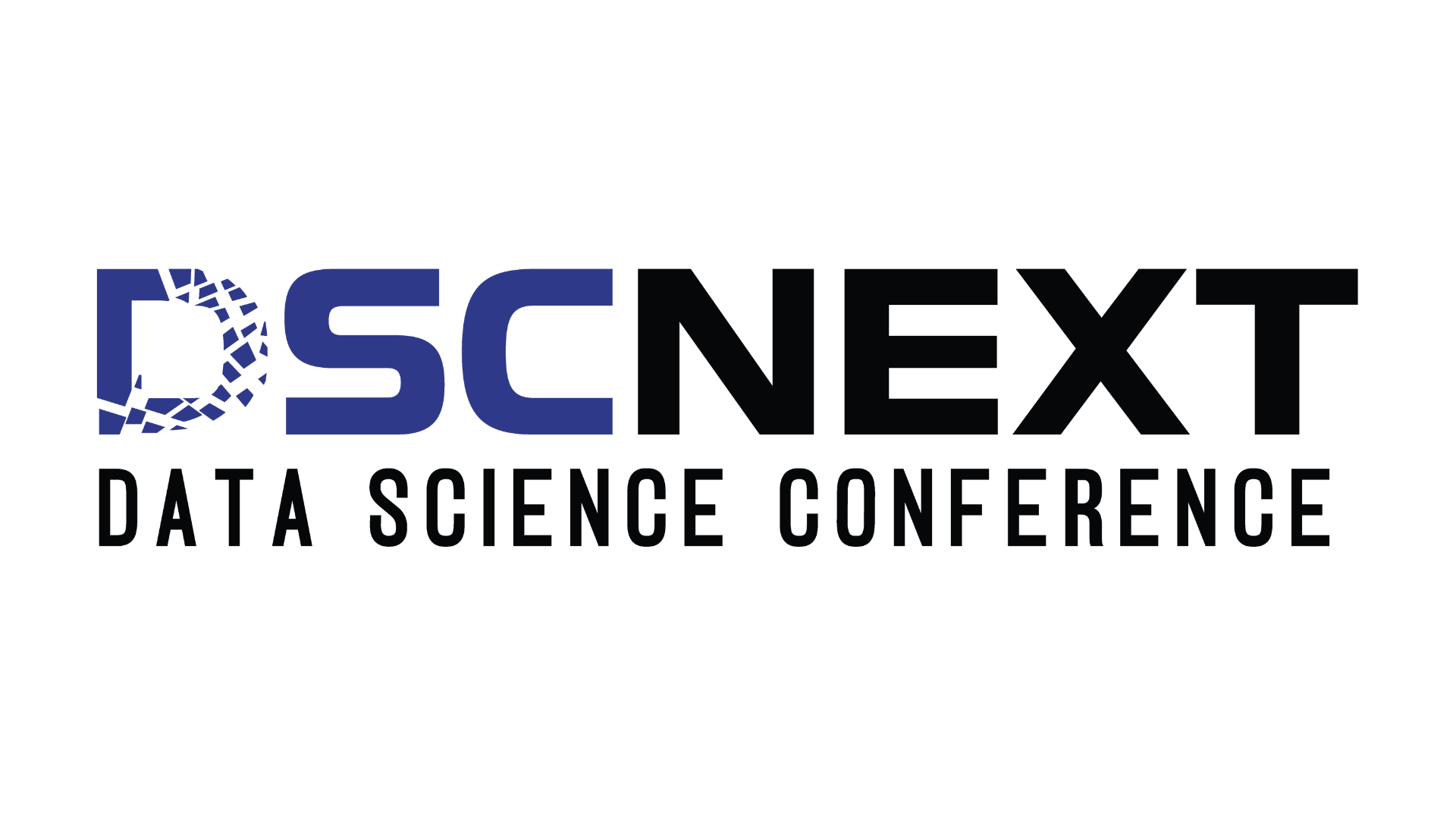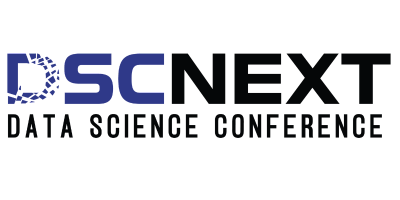
The Data Science Conference (DSC Next 2025) concluded successfully on May 8, 2025, in Amsterdam, Netherlands. Held at the NH Amsterdam Zuid, this premier event brought together leading minds in data science, artificial intelligence (AI), and machine learning (ML) to explore the future of data-driven technologies.
Event Snapshot
Dates: May 7–8, 2025
Venue: NH Amsterdam Zuid, Amsterdam, Netherlands
Organized by: Next Business Media
Participants: Data scientists, AI/ML researchers, business leaders, and policymakers
Conference Overview
DSC Next 2025 served as a global platform for professionals, researchers, and innovators to engage with the latest advancements in data science and AI. The conference featured a dynamic program, including inspiring keynotes, in-depth panel discussions, and hands-on workshops led by global experts. Attendees explored emerging trends, cutting-edge tools, and best practices aimed at addressing critical challenges across diverse sectors.
Key Themes and Discussions
The conference emphasized real-world applications of data science, machine learning, and AI. Discussions centered around how these technologies can create value across industries, with a focus on actionable insights and strategies to enhance skills and drive impactful change.
Key Highlights and Notable Speakers
“Trust was murdered by #GenAI.”
This bold statement by Raido Saar captured the essence of a key concern at DSC Next 2025. As organizations rapidly embrace Generative AI, Saar challenged attendees to consider the erosion of digital trust. His keynote called for stronger AI governance, ethical frameworks, and transparent development practices.
Cybersecurity emerged as another major theme. Experts highlighted a strategic shift toward building proactive defense layers to protect sensitive data from AI-powered threats—emphasizing resilience against rapidly evolving generative models.
Patrick Altmeyer of Delft University of Technology added academic depth to the event with a session on decision-making, data science, and innovation. Known for bridging theory and application, Altmeyer’s insights resonated with researchers and industry professionals seeking to translate advanced research into real-world impact.
Lisa-Maria Winter, a PhD student in Data Science, also took the stage to present her current work on data and knowledge fusion. Her presentation highlighted emerging research directions and contributed to the broader conversation on integrating complex data systems. She expressed gratitude for the “inspiring input and eye-opening contributions” from fellow speakers and attendees, noting how the event deepened her passion for data science.
Networking and Collaboration
Beyond the presentations, DSC Next 2025 fostered rich networking opportunities, enabling connections among thought leaders, practitioners, and peers from around the world. These exchanges encouraged ongoing collaboration and the formation of a vibrant community committed to pushing the boundaries of data science.
Conclusion
DSC Next 2025 not only spotlighted the rapid evolution of data science and generative AI but also raised important questions about ethics, trust, and responsible innovation. As technology continues to outpace regulation and societal readiness, the event served as a timely reminder that collaboration between academia, industry, and policymakers is essential. The conference left attendees with a shared sense of urgency—and opportunity—to shape a future where data-driven progress aligns with human values.
Looking Ahead: DSC Next 2026
Following the success of this year’s event, DSC Next will return from March 24–26, 2026, in Amsterdam, Netherlands. The upcoming edition promises a compelling mix of visionary keynotes, interactive panels, hands-on workshops, and vibrant networking—designed to spark innovation and strengthen global collaboration in data science and AI.
Stay tuned to the official website for speaker announcements, schedule updates, and registration details.

